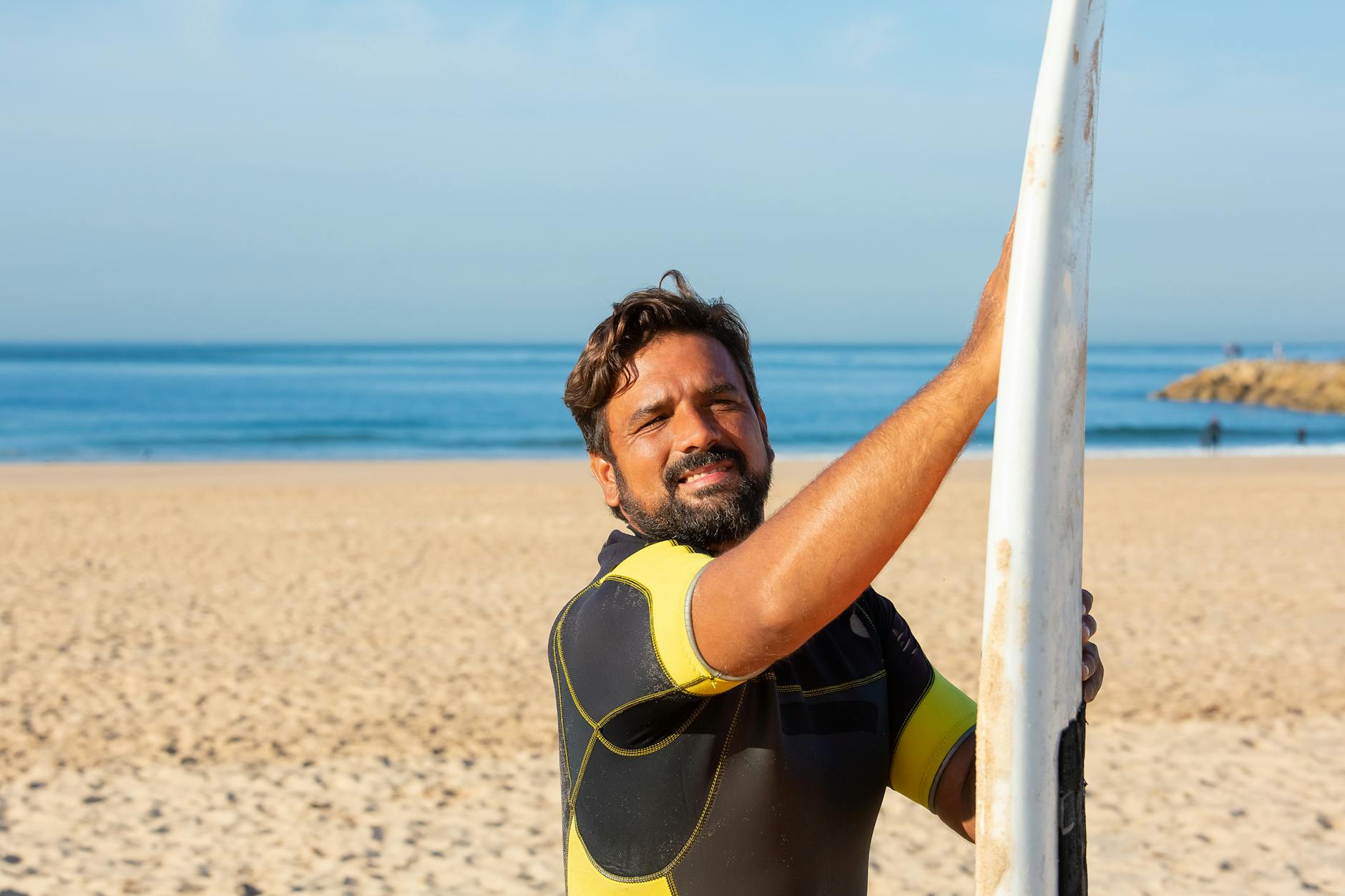Innovative Teaching Methods in the Digital Age

The Changing Landscape of Education
In today's fast-paced digital age, the field of education is constantly evolving. Traditional teaching methods are being replaced by innovative approaches that leverage technology to enhance learning outcomes.
Flipped Classroom Model
One such method gaining popularity is the flipped classroom model. In this approach, students are introduced to new concepts through online videos or readings before coming to class. Class time is then used for discussions, projects, and hands-on activities, allowing teachers to focus on application rather than lecture.
Project-Based Learning
Project-based learning is another effective way to engage students. By working on real-world projects, students develop critical thinking, collaboration, and problem-solving skills. This hands-on approach helps students see the relevance of their learning and encourages creativity.
Virtual Reality in Education
Virtual reality (VR) has the potential to revolutionize education by offering immersive experiences that enhance learning. From virtual field trips to interactive simulations, VR technology can transport students to different worlds and make learning more engaging and memorable.
Personalized Learning Platforms
With the rise of personalized learning platforms, students can receive customized content and feedback based on their individual needs and pace of learning. These platforms use algorithms to adapt to each student's strengths and weaknesses, allowing for a more personalized and effective learning experience.
Collaborative Online Tools
Collaborative online tools such as Google Docs, Slack, and Zoom have made it easier for students and teachers to collaborate and communicate effectively, regardless of physical proximity. These tools promote teamwork, communication, and creativity, essential skills for success in the digital age.
The Future of Education
As technology continues to advance, the possibilities for innovation in education are endless. By embracing new teaching methods and technologies, educators can create more engaging, effective, and personalized learning experiences for students, preparing them for success in the ever-changing world.





